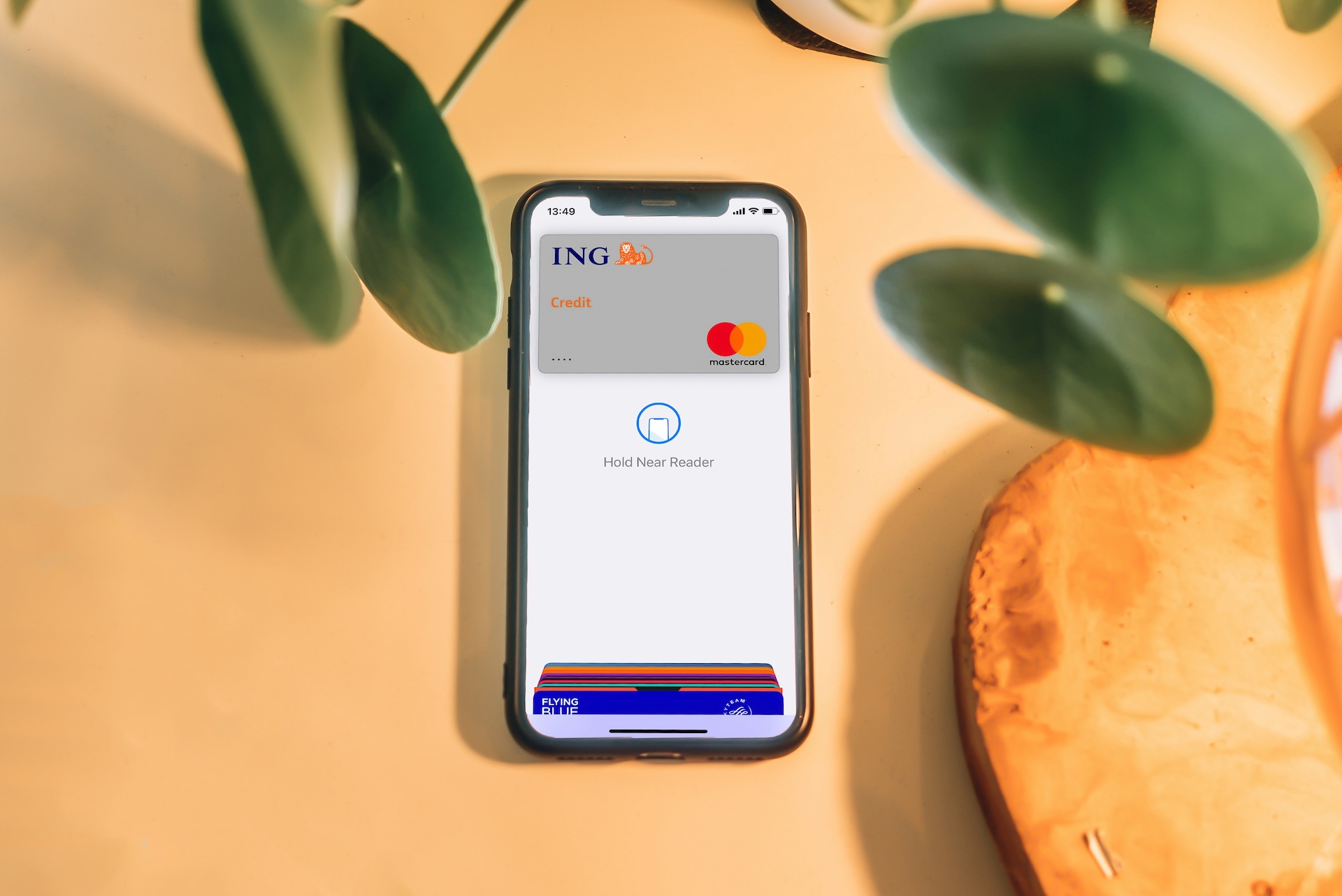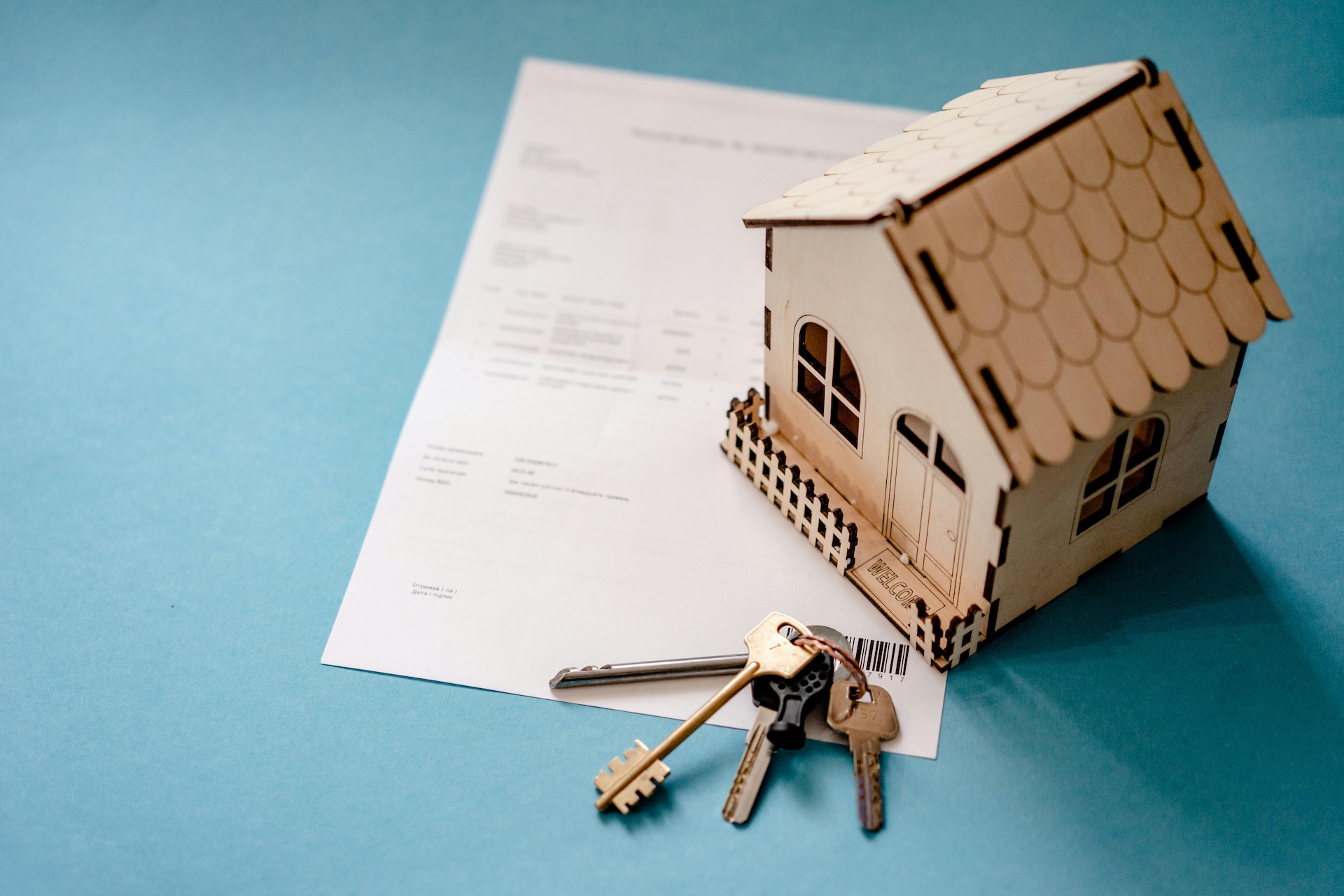
Have you fallen into the trap of debt? This is only too common for entrepreneurs, with an average small business loan amount sitting at $663,000.
Whether it’s a business loan, a maxed-out credit card, a working capital loan, or something else, there’s always a way out.
While paying off multiple debts can feel like you’re going nowhere, a debt consolidation loan can get your finances back on track. When done right, these loans can decrease interest rates, resulting in lower monthly payments. They also organize your finances better, only requiring a single debt repayment each month.
Here’s everything you need to know about debt consolidation and how these loans work.
What Is Debt Consolidation?
If you’ve racked up a lot of debt, a debt consolidation loan may be a good idea. Here’s how these types of debt settlement loans work.
How Debt Consolidation Works
Debt consolidation is a financial strategy where you combine multiple debts into one loan with a single payment.
The goal of this is to simplify your debt repayment and potentially lower your interest rates or monthly payments. This can be especially useful for business owners juggling several monthly loan payments or credit card bills.
By consolidating your debt, you no longer need to worry about multiple due dates or varying interest rates. Instead, you’ll make one monthly payment to one lender.
In some cases, debt consolidation can reduce the total interest you’ll pay over time. This helps you manage your cash flow better.
Types of Debt Consolidation
Debt consolidation can be done in a few different ways, depending on your financial situation and goals.
Generally, the idea is to combine multiple debts into a single debt consolidation pay schedule. This organizes and simplifies your finances. These loans are available from banks and alternative lenders.
The main advantage of debt consolidation is the potential to secure better terms. This could be a lower interest rate or a more manageable repayment schedule.
However, it’s important to carefully consider the costs and risks involved. Some consolidation options might extend the repayment period, meaning you could pay more in interest over time.
Overview of Debt Consolidation Loans
Debt consolidation loans are all about making it easier to manage your finances.
Whether it’s credit card debt, an unsecured personal loan, a mortgage loan, or more, debt consolidation can make these holes a lot easier to fill. Ideally, the new loan will have a lower interest rate, potentially saving you money over time.
It’s important to remember that a debt consolidation loan doesn’t eliminate your debt – it simply restructures it. You’re still responsible for paying off the full amount, just under different terms.
Before opting for a debt consolidation loan, it’s important to assess your financial situation. Consider your income and revenue, credit report, and ability to make regular payments on time. Developing healthy financial habits before restructuring your debt is key.
A debt consolidation loan can be beneficial if it leads to lower interest rates or a clearer repayment plan, but it doesn’t always make sense for everyone.
If you’re comfortably managing your debt, or your interest rates are not sky-high, then consolidation may be unnecessary.

Types of Debt Consolidation Loans
Various types of loans can help you consolidate debt. Each one is suited to different financial needs and situations.
Here’s a breakdown of the most common options.
Personal Loans
Personal loans are one of the most common and straightforward ways to consolidate debt.
These loans are typically unsecured, meaning you don’t have to put up any collateral like a house or car.
When you take out an unsecured personal loan for debt consolidation, you receive a lump sum of money, which you can use to pay off your existing debts. Afterward, you’re left with just one loan payment, usually with a fixed interest rate and a predictable repayment term. This typically ranges from 12 to 60 months.
The interest rate on a personal loan depends heavily on your credit score.
Borrowers with good to excellent credit may secure low interest rates, which can be much lower than the rates on credit cards or other high-interest debts. On the other hand, if your credit score is lower, you might find that the interest rate offered isn’t much better than what you’re already paying.
Pros
- Fixed interest rates and payments make budgeting easier
- No need for collateral, which reduces the risk
- Can lower your overall interest payments if you have good credit
Cons
- Higher interest rates for those with poor credit
- Some personal loans come with origination fees, which can range from 1% to 8%
- You may be tempted to accumulate more debt after consolidating
Balance Transfer Credit Cards
A balance transfer credit card is another popular option for consolidating debt, especially if you have multiple credit card balances.
With this approach, you move high-interest debt from other credit cards onto a new card that offers a low or 0% introductory interest rate. This promotional period usually lasts for around six to 21 months, giving you time to pay down the balance without accumulating additional interest.
The main benefit of using a balance transfer credit card is the potential savings from paying no interest during the introductory period.
However, the interest rate will jump once the promotion ends. So, this method works best if you can realistically pay off the debt before the higher rate kicks in.
Most balance transfer cards also charge a transfer fee, usually 3% to 5% of the balance. This adds to the overall cost of consolidating your debt.
Pros
- You can save on interest during the introductory 0% interest period
- Simplifies your finances by combining multiple credit card debts into one
Cons
- The promotional interest rate is temporary, and the regular rate can be much higher
- Balance transfer fees can add up, especially if you’re consolidating large amounts of debt
- Requires good to excellent credit to qualify for the best offers
Home Equity Loans
A home equity loan lets you borrow against the equity you’ve built up in your home. Basically, this home equity is the difference between what you’ve already paid off on your mortgage and what the home is worth.
This type of loan gives you a lump sum, which can be used to pay off your existing debts. It typically comes with a fixed interest rate and fixed repayment terms.
The loan is secured by your home, so interest rates are generally lower than personal loans or credit cards.
However, using a home equity loan to consolidate debt carries significant risk. If you fail to make your payments, you could lose your home.
It’s also important to consider that you’re converting unsecured debt, like credit cards, into secured debt tied to your home. This can provide lower interest rates, but the stakes are higher.
Pros
- Lower interest rates due to the loan being secured by your home
- Fixed interest rates and terms make it easier to plan repayment
- Could allow you to borrow larger amounts of money than unsecured loans
Cons
- Your home is at risk if you fail to make payments
- Closing costs and fees associated with home equity loans can be high
- Not ideal if you don’t have significant home equity or if the housing market declines
Home Equity Line of Credit (HELOC)
A HELOC also allows you to borrow against the equity in your home, but it works more like a credit card than a traditional loan.
Instead of receiving a lump sum, you’re given access to a revolving line of credit that you can draw from as needed during the draw period. This typically lasts five to 10 years.
You only pay interest on the amount you borrow, and you have the flexibility to borrow and repay multiple times during the draw period. After the draw period, you cannot dip back into the credit and need to focus on repaying it.
The interest rates on HELOCs are usually variable, meaning they can go up or down over time. This makes repayment less predictable.
Like a home equity loan, your house serves as collateral, so if you default on payments, you could face foreclosure. HELOCs are most beneficial if you have ongoing debt and need flexible access to funds. This could be the case with running a business and needing to top up your cash flow dips each month.
Pros
- Only pay interest on what you borrow
- Flexibility to borrow and repay multiple times during the draw period
- Lower interest rates compared to unsecured loans due to being secured by your home
Cons
- Variable interest rates can make payments unpredictable
- Your home is at risk if you can’t keep up with payments
- This can lead to long-term debt if not used wisely
401(k) Loans
Borrowing from your 401(k) retirement plan is an option some people use for debt consolidation.
With this loan, you’re essentially borrowing from yourself, so the interest rates can be lower, and there’s no credit check required. However, this approach comes with some big drawbacks.
If you fail to repay the loan on time, it’s treated as an early withdrawal. This means you’ll owe income tax on the amount and possibly an early withdrawal penalty if you’re under the age of 59½.
Borrowing from your retirement savings can also severely impact your financial future. While you’re repaying the loan, the money you borrowed isn’t growing with the rest of your retirement pot. This could significantly reduce the amount you have available when you retire.
Pros
- No credit check required
- Interest rates are usually lower because you’re borrowing from yourself
- Repayment is typically taken directly from your paycheck, making it automatic
Cons
- Reduces your retirement savings and their potential growth
- Risk of taxes and penalties if the loan isn’t repaid
- May be hard to catch up on lost retirement contributions
Debt Management Plans (DMP)
A Debt Management Plan is not a loan, but rather a structured repayment program offered through credit counseling agencies. Under a DMP, you make one monthly payment to the agency, which then distributes the funds to your creditors.
Pros
- Simplifies repayment with one monthly payment
- Credit counseling agencies may negotiate lower interest rates on your behalf
- Can help you get out of debt faster than if you continue making minimum payments
Cons
- Usually requires you to close your credit accounts, which can affect your credit score
- DMPs take several years to complete
- Some agencies charge fees for their services, though these are often nominal
Conclusion
Each type of debt consolidation loan offers unique advantages and drawbacks. The best choice depends on your financial situation, creditworthiness, and long-term goals.
Understand the pros and cons of different debt consolidation options and ensure the consolidated loan works for your situation. Get the right kind of loan in place, and it could open up a whole new world of financial freedom.
If your business needs capital, then get in touch with us at E-boost Partners. We make it easy for businesses of all sizes to access the funds they need when they need it.







